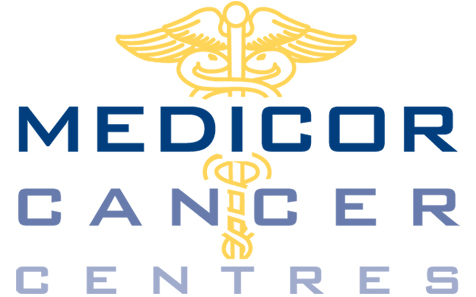Discussion
Firstly, we are thankful to all the patients and their families who gave permission for their cases to be published on our website for doctors and patients around the world to see. Although our DCA case reports were accepted for publication from a recognized medical journal, after much deliberation we decided to publish them on our website instead. The purpose was to reach as wide an audience as possible (to reach patients, not just doctors), with the belief that we may give support and encouragement to other cancer patients everywhere. These case reports are for information only and should not be used as a guide to self medicate We have written the reports with thorough medical details so doctors can read them with interest, and may explore treatment with off-label drugs in cases where conventional cancer therapies have been exhausted.
We are also thankful to the great researchers and their teams from Michigan and Alberta who determined that TM and DCA may have a role in cancer therapy.
Based on the above cases, and our experience in treating over 260 cancer patients with DCA, it appears that DCA has human anti-cancer activity in vivo. At this point it is still early to estimate which types of cancers respond well to DCA. We have determined that DCA can cause CNS side effects (tremor, memory impairment, hallucination, sedation) which have not been documented previously in the medical literature. These side effects appear to be dose-dependent. By adjusting the treatment to a cyclic regimen, we have been able to reduce (but not eliminate) these side effects.Not every patient experiences these side effects.
In our experience DCA has definite potential for treatment for the advanced stage cancer patient. In the cases presented, response to DCA treatment included:
- measurable tumour shrinkage
- reduction in tumour markers (CA125)
- improvement in general non-specific lab tests (alk phos, liver enzymes etc.)
- symptomatic improvement (appetite, weight gain, pain reduction, relief of bowel and ureteric obstruction)
It appears that the response to DCA varies just like an individual’s response to conventional chemotherapy varies.
DCA appears to work well on many different types of cancer. In the above cases, DCA was found to be effective in pleural mesothelioma, ovarian carcinoma, glioblastoma and melanoma (the last 2 in combination with TM). All these patients had metastatic and /or end stage disease and were not taking simultaneous conventional treatments such as chemotherapy or radiotherapy.
While it is still early to predict which cancers will respond best to DCA treatment, it is safe to assume that the effect of DCA is not restricted to a particular type of cancer. Also, responses to DCA may be different in patients with early disease and in patients taking conventional cancer treatment concurrently.
Patients in the above cases responded to DCA within 2 to 4 weeks of taking at least 20mg/kg/d. Lower doses than 20mg/kg body weight seemed to have less or delayed response. Higher doses may have the advantage of a more dramatic positive response, but in our experience are limited by the severity of side effects, and result in drug discontinuation.
Due to the pharmacokinetics of DCA (half-life that increases with repeated dosing) we find a cyclic course of 1- 3 weeks on followed by 1 week off to be useful. Side effects can also be managed by natural supplements like R alpha lipoic acid and vitamin B1 (thanks to a surgeon from Indiana for his suggestion to combine lipoic acid with DCA).
Please note that we are not conducting a DCA trial or any other clinical trails. Case reports are not considered equivalent to definitive research findings. When definitive clinical research is completed, it is our opinion that DCA is likely to have a role in cancer therapy due to its low toxicity, low cost, and anti-tumour effects.
Since our goal is patient care and not research, we have combined therapies for patient benefit which is less likely to show the pure effect of one drug. Also we have chosen cases which show a range of responses to present as unbiased a picture as possible and plan to add more cases regularly. Many of our patients (30-40%) show no response to DCA treatment.
Conclusion
The safety and effectiveness of TM has already been demonstrated in small Phase I and Phase II human trials conducted at a University centre in Michigan. We will not comment further except to say that our cases confirm their data.
In our opinion, DCA and TM are both relatively safe and useful off-label treatments in advanced stage cancer patients. The response to DCA can vary depending on the individual patient. Based on our limited experience, we cannot comment on the long term use or long term side effects of DCA. Since most of our patients were advanced stage, it is also hard to comment on the effectiveness of DCA in early stage cancer patients. In the palliative patient, it appears to improve quality of life. It may prolong survival, but this is not yet established.
Definitive research is needed to determine the degree of effectiveness of DCA in various cancers, its long term effects and effects in early stage patients or patients taking other cancer therapies. Such trials are currently under way in Alberta. We eagerly await their results.

